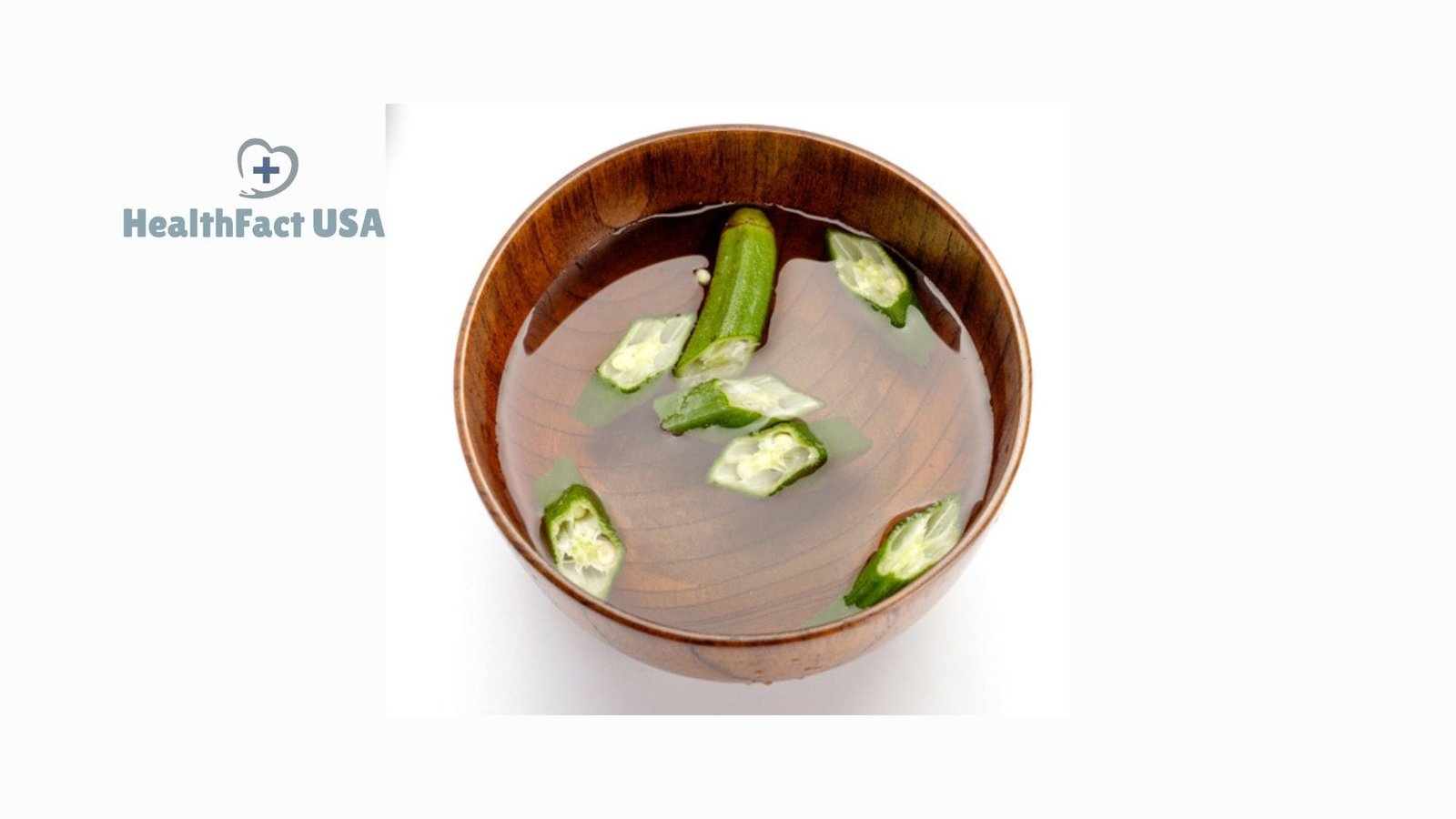Introduction to Kids Immunity Vitamins
A robust immune system is crucial for children to stay healthy and ward off illnesses. One key factor in supporting their immune function is ensuring they receive the necessary vitamins. In this article, we will explore the essential vitamins that can strengthen kids’ immunity Along with Kids Vaccines Like hepatitis B. By understanding the importance of these vitamins and incorporating them into their diets, parents can help their children maintain strong defenses against illnesses.
Shortly Understanding the Immune System in Children:
The immune system is responsible for defending the body against infections and diseases. In children, the immune system is still developing, which makes proper nutrition even more important for supporting its function. Nutrients, including vitamins, play a vital role in strengthening the immune system and helping children stay healthy.
The Power of Vitamin C in boosting Kids immunity
Vitamin C is a powerful antioxidant that enhances the production and function of immune cells. This essential vitamin stimulates the production of white blood cells, which are responsible for fighting off infections. Citrus fruits like oranges, grapefruits, and lemons are excellent sources of vitamin C. Including these fruits in your child’s diet can help fortify their immune system and protect against illnesses.
Vitamin D and kids Immune Function:
Vitamin D is not only crucial for bone health but also plays a pivotal role in regulating the immune system. It helps immune cells identify and destroy pathogens. While the best source of vitamin D is sunlight, dietary sources include fatty fish like salmon and mackerel, fortified dairy products, and egg yolks. Adequate vitamin D levels can contribute to a robust immune response in children.
The Immune-Boosting Benefits of Vitamin A:
Vitamin A plays a significant role in maintaining the health and integrity of the skin and mucous membranes, which serve as barriers against harmful pathogens. It also supports the production of antibodies and white blood cells, enhancing the immune response. Foods rich in vitamin A include carrots, sweet potatoes, spinach, and mangoes. Including these nutritious foods in your child’s diet can help bolster their immune system.
Vitamin E and Antioxidant Defense:
Vitamin E acts as a potent antioxidant, protecting cells from damage caused by free radicals. By neutralizing these harmful molecules, vitamin E helps to maintain a healthy immune system. Nuts, seeds, vegetable oils, and leafy greens are excellent sources of vitamin E. Incorporating these foods into your child’s diet can contribute to their immune defense.
Vitamin B6 for Immune Modulation:
Vitamin B6 plays a vital role in immune system modulation, helping to regulate immune cell activity and antibody production. Poultry, fish, bananas, and chickpeas are excellent sources of vitamin B6. Ensuring an adequate intake of this vitamin supports optimal immune function in children.
The Importance of Zinc for Immune Health:
Zinc is involved in numerous immune system processes, including the development and activation of immune cells. It also plays a role in wound healing and maintaining the integrity of the skin. Foods rich in zinc include lean meats, legumes, whole grains, and dairy products. By including these foods in your child’s diet, you can provide them with the necessary zinc to support a robust immune system.
Probiotics: Nurturing a Healthy Gut and Immunity:
Probiotics, beneficial bacteria that reside in the gut, contribute to a healthy immune system. They help maintain a balanced gut microbiome, which plays a crucial role in immune function. Fermented foods like yogurt, kefir, and sauerkraut contain probiotics that can promote a healthy gut and bolster the immune system. Probiotic supplements specifically designed for children can also be considered under the guidance of a healthcare professional.
Balanced Nutrition: A Foundation for Strong Immunity:
While individual vitamins are essential, it’s crucial to emphasize the importance of a balanced diet for overall immune health. Encourage your child to consume a variety of fruits, vegetables, whole grains, lean proteins, and healthy fats. This approach provides a wide range of nutrients necessary for a robust immune system. Limiting processed foods and excessive sugar intake is also crucial, as they can weaken immune defenses.
Conclusion - Kids immunity Vitamins
Vitamins are vital players in strengthening kids’ immunity and supporting their overall health. Vitamin C, D, A, E, B6, and zinc play significant roles in enhancing immune function, while probiotics support a healthy gut and immune system. By incorporating a variety of nutrient-rich foods into their diet, parents can optimize their children’s immune health. Remember, a balanced diet and healthy lifestyle are the foundation for maintaining a strong immune system. Consult with healthcare professionals for personalized guidance and support in promoting your child’s immune health. With the right nutrition, you can empower your children to thrive and defend against infections and illnesses.
FAQ's About Kids Immunity Vitamins
-
Why are vitamins important for kids' immunity?
Vitamins play a crucial role in supporting the immune system and strengthening kids' defenses against infections and illnesses.
-
Which vitamins are essential for boosting kids' immunity?
Vitamin C, vitamin D, vitamin A, vitamin E, vitamin B6, and zinc are key vitamins that contribute to a healthy immune system.
-
How does vitamin C support kids' immunity?
Vitamin C enhances the production and function of immune cells, helping to fight off infections and strengthen the immune response.
-
What are good sources of vitamin C for kids?
Citrus fruits like oranges, strawberries, kiwis, and bell peppers are excellent sources of vitamin C for kids.
-
How does vitamin D contribute to kids' immune health?
Vitamin D plays a role in regulating the immune system and helps immune cells identify and destroy pathogens.
-
What are sources of vitamin D for kids?
Sunlight is the best natural source of vitamin D. Additionally, fatty fish, fortified dairy products, and egg yolks provide vitamin D.
-
What foods contain vitamin A for kids?
Carrots, sweet potatoes, spinach, mangoes, and apricots are good sources of vitamin A for kids.
-
How does vitamin E contribute to kids' immune system?
Vitamin E acts as an antioxidant, protecting cells from damage and supporting immune function.
-
How does vitamin B6 regulate kids' immune function?
Vitamin B6 helps modulate immune cell activity and antibody production, contributing to a balanced immune response.
-
What foods provide vitamin B6 for kids?
Poultry, fish, bananas, chickpeas, and fortified cereals are good sources of vitamin B6 for kids.
-
Why is zinc important for kids' immunity?
Zinc is involved in numerous immune system processes, including the development and activation of immune cells.
-
What foods are rich in zinc for kids?
Lean meats, legumes, whole grains, dairy products, and nuts are excellent sources of zinc for kids.
-
How do probiotics support kids' immune health?
Probiotics contribute to a healthy gut microbiome, which is essential for immune function and overall health. Fermented foods like yogurt, kefir, and sauerkraut contain probiotics.












